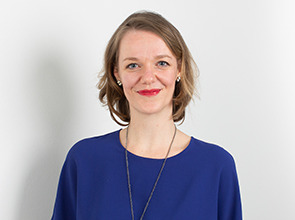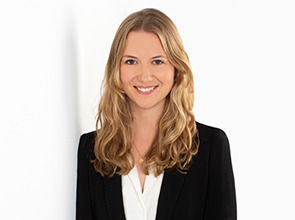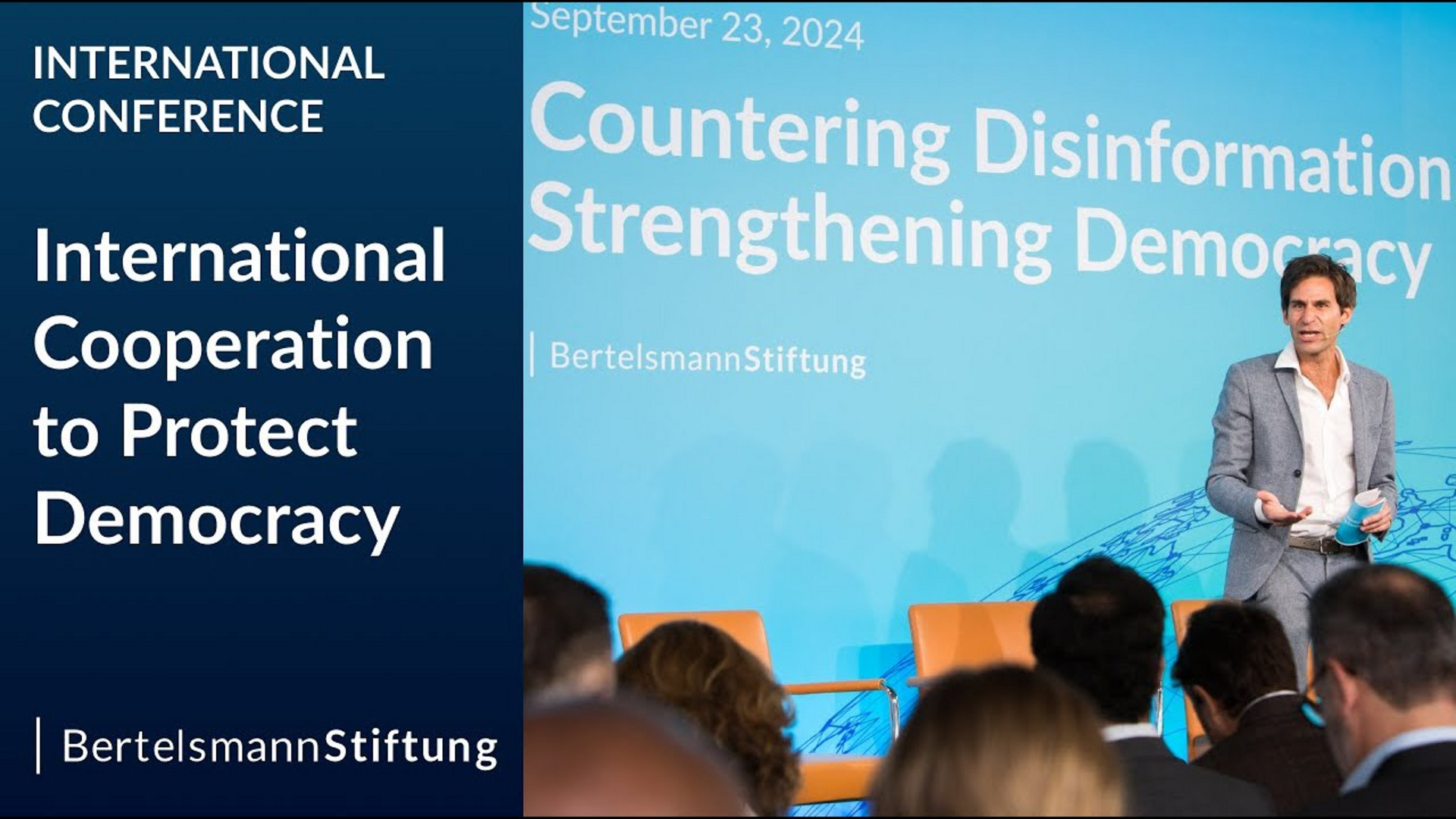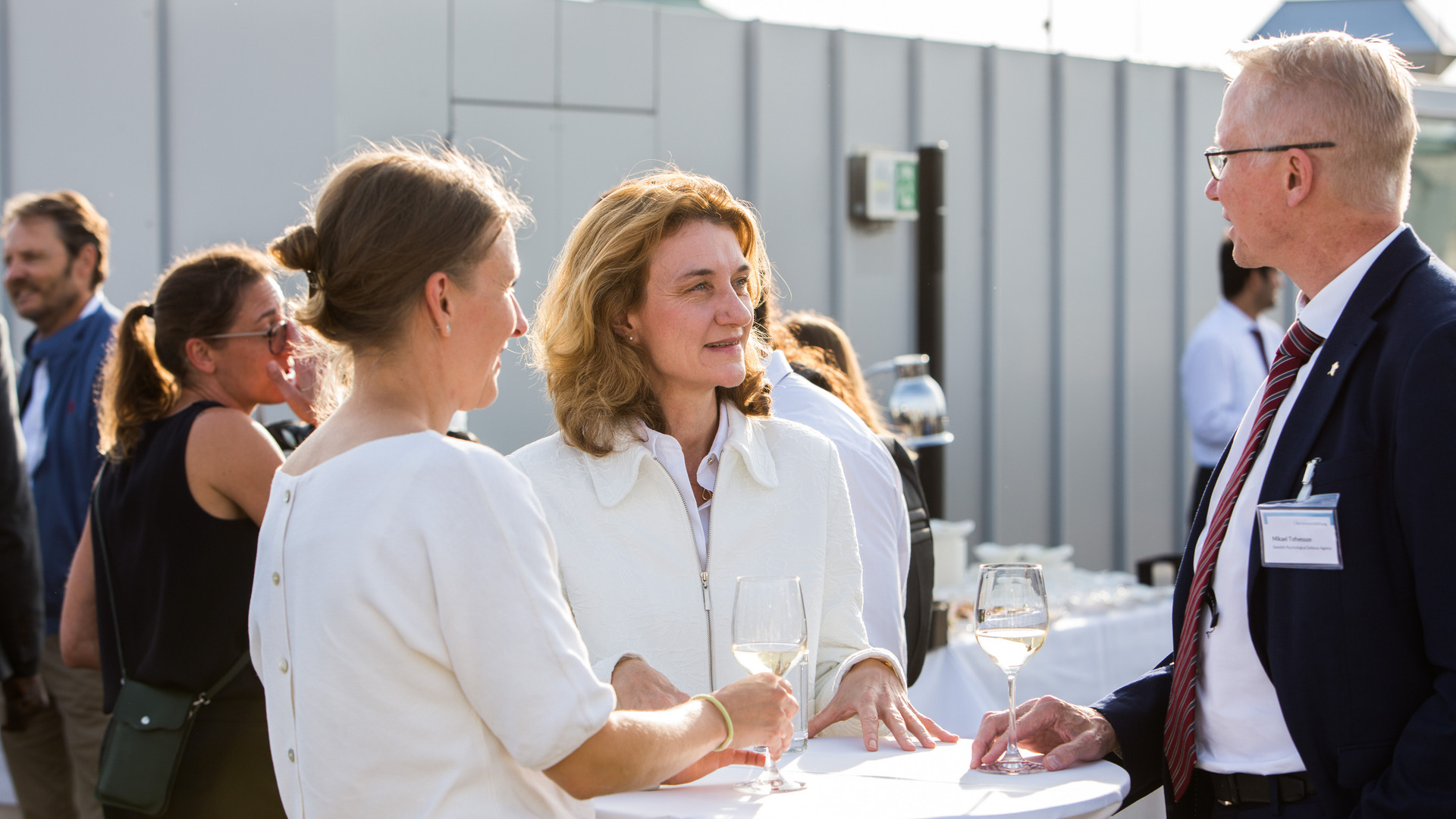Chair: Elisabeth Niejahr (Hertie Stiftung, Germany)
Impulses: Olaya Argüeso Perez (Correctiv, Germany), Odanga Madung (Odipo Dev, Kenya)
What’s it about?
Journalism plays a crucial role in upholding democratic values by ensuring transparency, providing fact-based information, and holding power to account. The session addressed the growing challenge of local journalism’s decline, the role of paywalls in exacerbating inequality in information access, and potential solutions to ensure journalism continues to support democratic discourse. Experts discussed innovative strategies to make journalism more accessible and trustworthy, especially in contexts where disinformation thrives.
What was discussed?
- Local journalism as a democratic pillar: Participants highlighted how the collapse of local journalism, especially in rural areas, creates a vacuum filled by populists and disinformation. When communities lose trusted local news sources, their sense of being seen and heard by decision-makers fades, weakening social cohesion and democratic participation.
- Affordability and accessibility: Paywalls, particularly in the Global South, are a growing issue. Without access to reliable journalism, people turn to free but less credible sources, increasing the risk of disinformation. A critical question raised was whether governments should subsidize subscriptions to trusted media outlets to ensure equitable access to high-quality journalism.
- Rebuilding trust: Journalism must evolve to meet audience needs by integrating more relatable storytelling techniques and diversifying its workforce. Journalists also need to engage more with schools to teach media literacy and demystify their work, thereby enhancing trust in the media.
Key takeaways:
- Why it matters: Strengthening local journalism is critical for preserving democratic dialogue, particularly in underrepresented areas. Experts must advocate for policies that support media plurality and affordability. Journalism’s role as the “fourth estate” is under threat without innovative approaches to engage a broader audience, especially in the Global South.
- Next steps: Policy-makers and media professionals should consider creating funding mechanisms that support local journalism without compromising editorial independence, and bolster efforts to integrate media literacy into educational systems.









